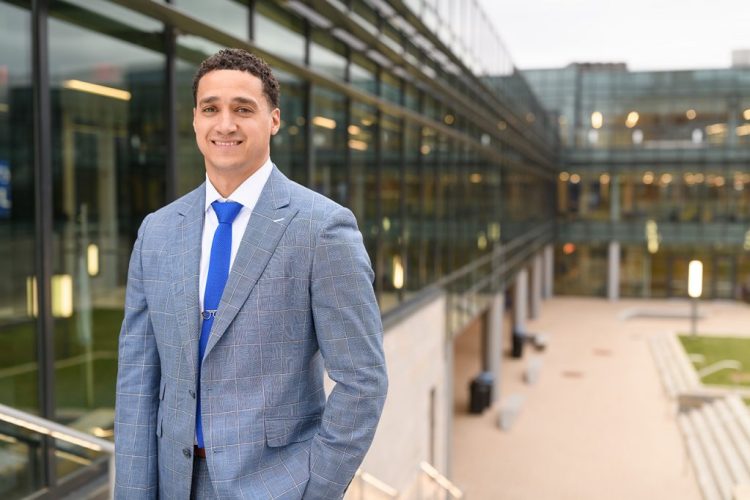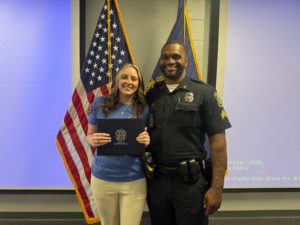This article was originally published by UKNow.
In recent years, much attention has been paid to the so-called “helping” professions — those who work on the front lines in assisting others. Social workers, teachers, police, firefighters, doctors, nurses and other health care workers are among the many professionals who often face the most stressful situations in the workplace. They’re also often the ones who see the most prevalent risks associated with professional burnout, when a practitioner becomes increasingly inoperative based on the circumstances and pressures of what they’re doing.
Often, these workers are portrayed in our culture as tireless and self-sacrificing in challenging situations. Yet despite the portrayal, many of these professionals struggle to engage in adequate self-care, leading to increased incidences of burnout and job fatigue.
Justin “Jay” Miller, Ph.D., dean and Dorothy A. Miller Research Professor in Social Work Education at the UK College of Social Work, has been working hard to change that situation. Deeply passionate about self-care for those helping professionals, Miller created a lab at UK devoted to researching and improving self-care.
Through the work of The Self-Care Lab, Miller and his colleagues began to learn that social workers and other helping professionals engage with and talk about self-care in silos, which often leads to a lack of communication and information sharing between departments and institutions.
In response, Miller launched the Global Self-Care Initiative. This international partnership network, which has grown to over 17 countries, focuses on cultural nuances of professional workplaces and how self-care can help mitigate the stress caused by these workplaces.
On this episode of “Behind the Blue,” Dean Miller discusses the distinction of the concept of self-care vs. what it often is, how the pandemic revealed structural issues that had long been in place, the similarities of self-care needs in workspaces around the globe, and more.
“Behind the Blue” is available on iTunes, Google Play, Stitcher and Spotify. Become a subscriber to receive new episodes of “Behind the Blue” each week. UK’s latest medical breakthroughs, research, artists and writers will be featured, along with the most important news impacting the university.
For questions or comments about this or any other episode of “Behind the Blue,” email BehindTheBlue@uky.edu or tweet your question with #BehindTheBlue. Transcripts for this or other episodes of “Behind the Blue” can be downloaded from the show’s blog page.
To discover what’s wildly possible at the University of Kentucky, click here.






